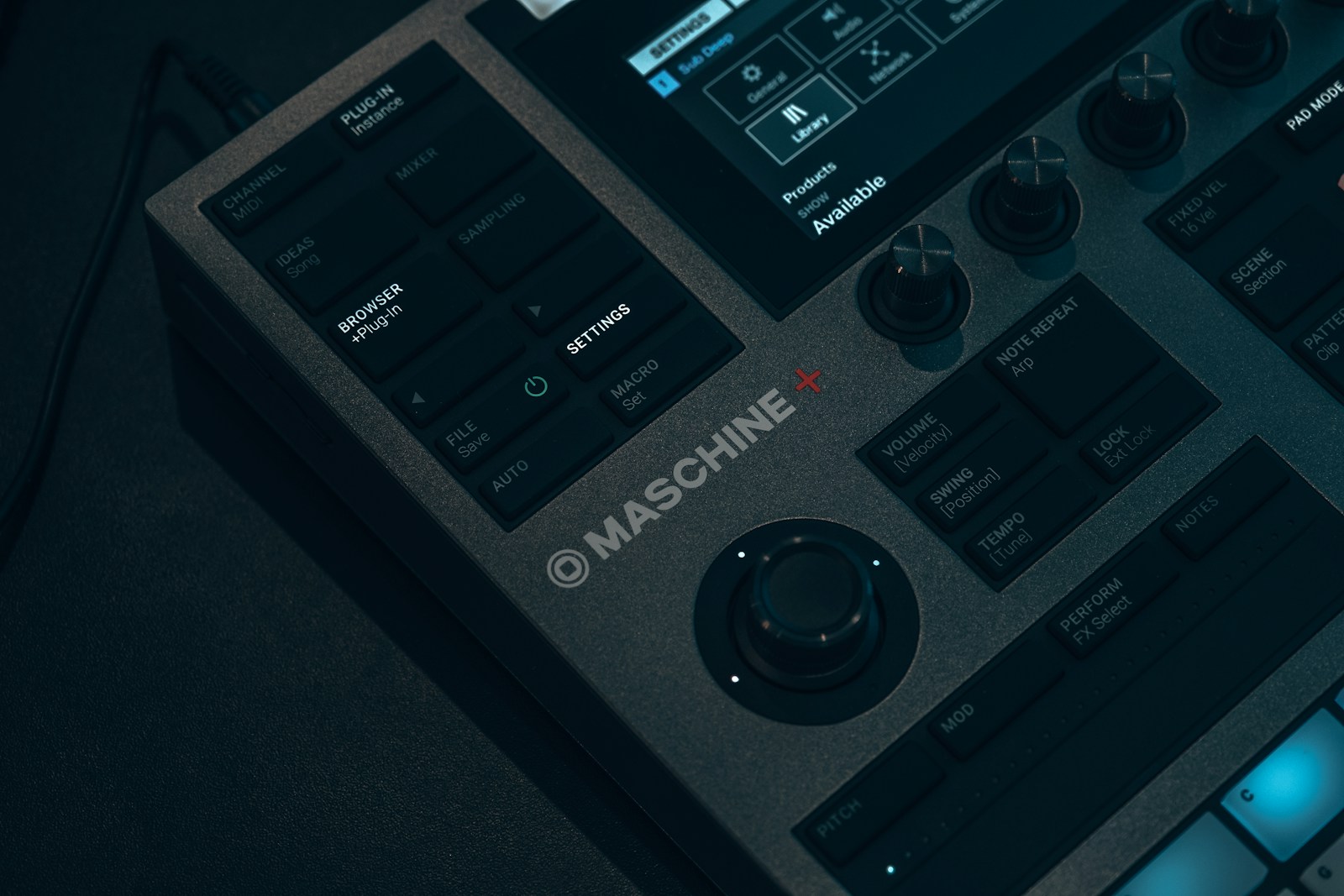
击败
jí bài

beat
The Chinese word '击败' is used to represent the action of overcoming or defeat someone or something, similar to the English word 'beat'. It is commonly used in contests, matches or games scenario to articulate someone winning over their opponent.
Example sentences using: 击败
我们必须击败我们的敌人。
Wǒmen bìxū jībài wǒmen de dírén.

We must defeat our enemy.
This sentence follows a structure that conveys a necessity (must) to conquer (defeat) an adversary (our enemy).
他们成功地击败了对手。
Tāmen chénggōng de jībài le duìshǒu.

They successfully defeated the competitor.
The sentence talks about success in overcoming a competition, emphasizing on the victory against competitor.
要想击败疾病,你必须保持坚强。
Yào xiǎng jībài jíbìng, nǐ bìxū bǎochí jiānqiáng.

To defeat the disease, you must stay strong.
This sentence emphasizes strength and determination to overcome an illness, with the disease as being defeated.
你能击败这个挑战吗?
Nǐ néng jībài zhège tiǎozhàn ma?

Can you defeat this challenge?
This sentence poses a question asking the listener if they can overcome a particular challenge.
他试图击败我,但失败了。
Tā shìtú jībài wǒ, dàn shībài le.

He tried to defeat me, but failed.
This sentence narrates one's failed attempt to overcome the speaker and it ends in a defeat for the challenger.
在游戏中,我击败了所有敌人。
Zài yóuxì zhōng, wǒ jībài le suǒyǒu dírén.

In the game, I defeated all enemies.
This sentence narrates someone's victory over all his opponents in a game.
我们的队伍能击败他们!
Wǒmen de duìwǔ néng jībài tāmen!

Our team can defeat them!
This sentence instills confidence in the certainty of a team's ability to defeat the opposing team.
你不应该害怕击败。
Nǐ bù yīng gāi hàipà jībài.

You should not fear defeat.
This sentence encourages the listener not to be scared of losing or being defeated.
他已经击败了许多挑战。
Tā yǐjīng jībài le xǔduō tiǎozhàn.

He has already defeated many challenges.
This sentence is a statement of someone's success against numerous challenges in the past.
我不能接受击败!
Wǒ bù néng jiēshòu jībài!

I cannot accept defeat!
The sentence shows the speaker's determination to not accept failure, rejecting the concept of defeat.